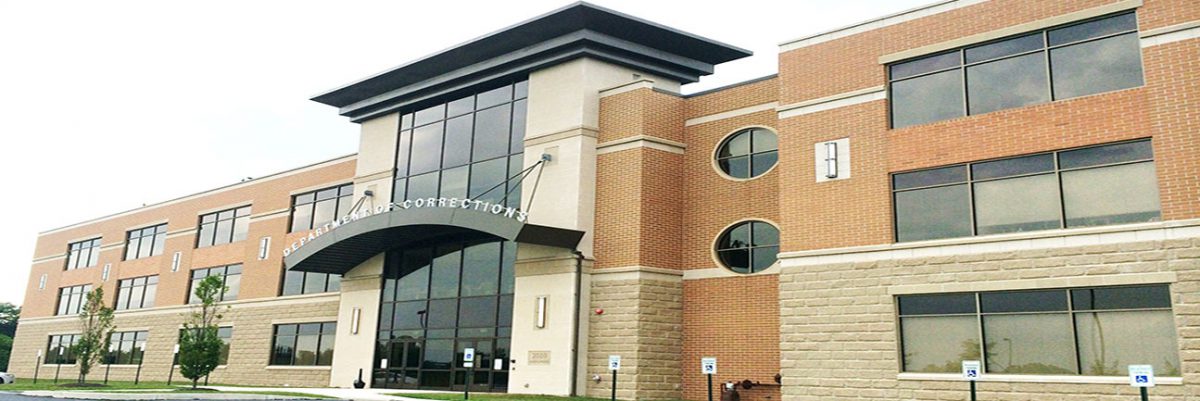In this episode, we discuss a recently completed evaluation of the Personal Growth program for technical parole violators. The guest on the show is Dr. Amber Petkus, joint post-doctoral fellow with Penn State University and the PA Department of Corrections. We also talk with Dr. Petkus about her experience as a post-doc at the PA DOC. She reflects on her time with us as she prepares to move on.
Podcast: Play in new window | Download
